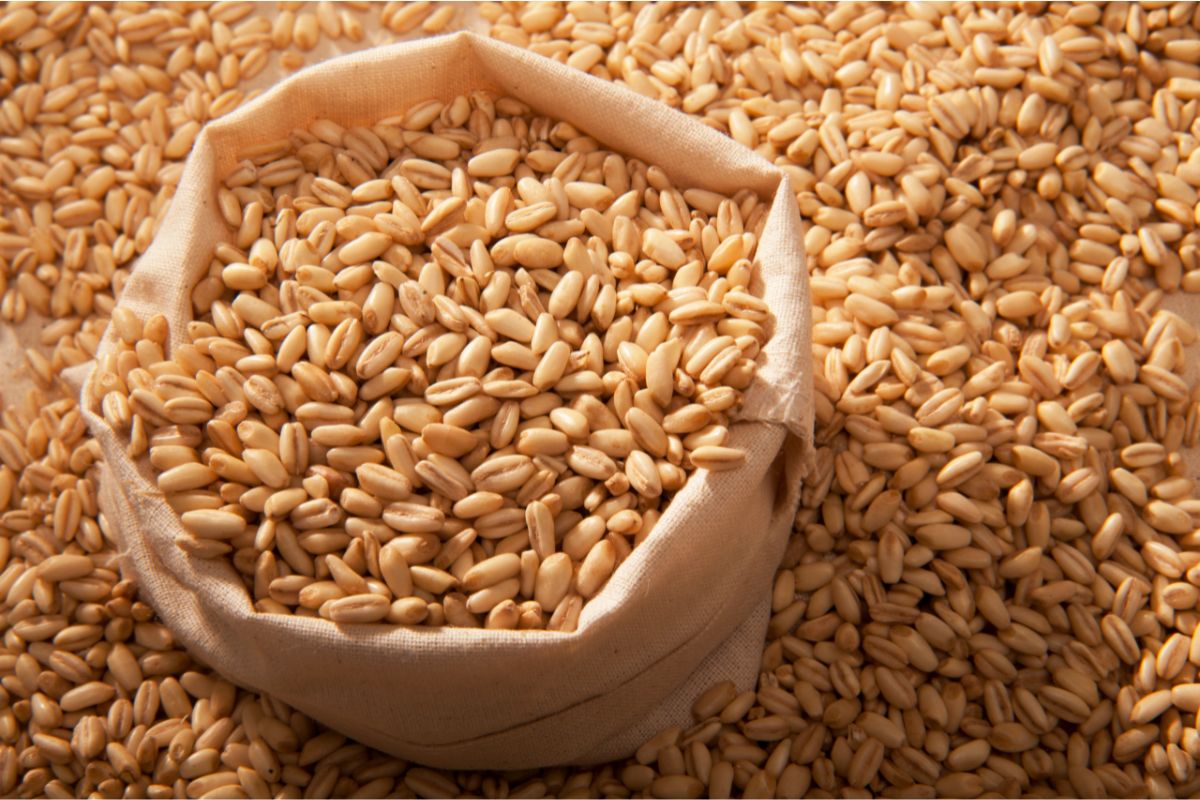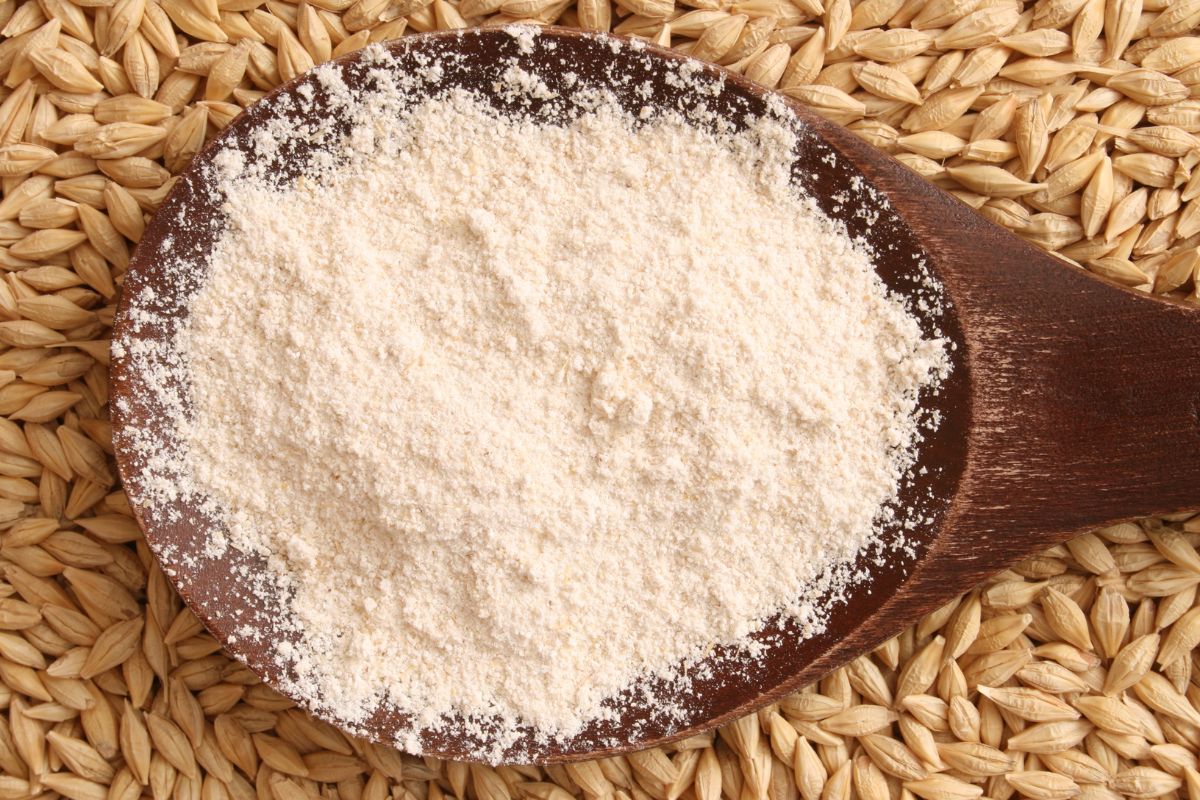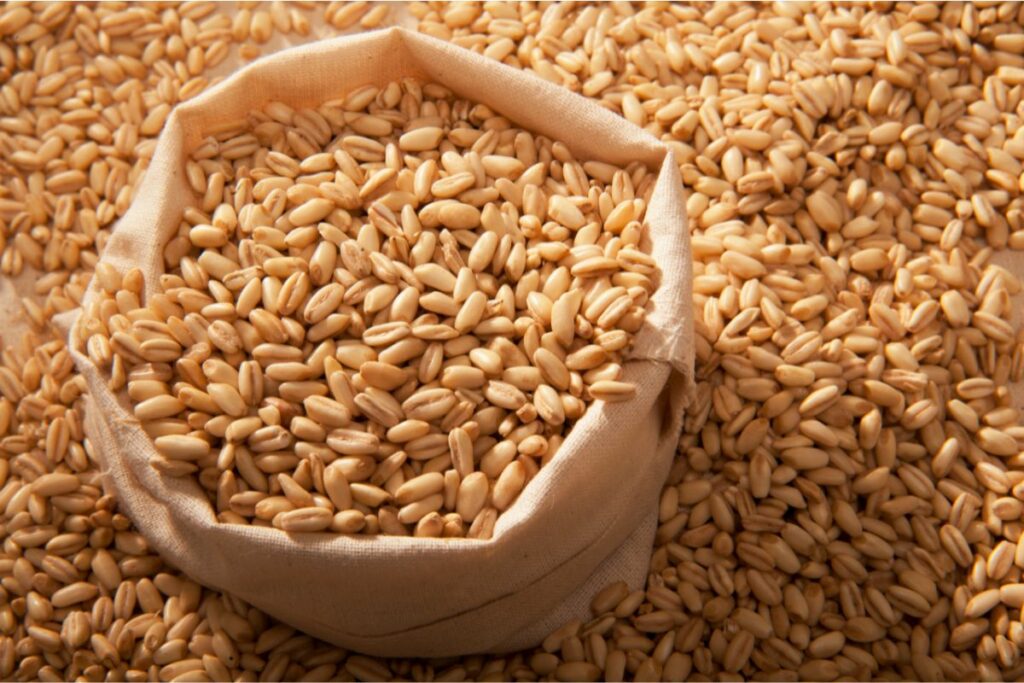Whether you have a gluten allergy or you are trying to stay away from it for other health reasons, finding gluten-free foods can be a bit difficult.
Grains are a bit of a confusing food source when it comes to gluten, as some grains contain it while others do not.

But what about barley? Barley is a bit of a tricky one, as this is an ingredient that is in a surprising number of foods, but it is not always shown on the labels of products.
That is why if you have an allergy to gluten specifically, you need to do a lot of your research to find out what is and is not safe for you to eat.
Here is everything that you need to know about barley and its gluten contents, including what types of barley contain gluten.
Is Barley Gluten-Free?
Unfortunately barely does contain gluten, so should be avoided if you are a celiac sufferer.
When following a diet that is free of gluten, you should steer clear of three specific grains: wheat, barley, and rye.
These three grains are all sources of the protein known as gluten, which is what triggers the immune response that is typical of patients with celiac disease. Patients with celiac disease are characterized by their inability to digest gluten.
It is not required by law for barley to be included on ingredient lists, even though it is a common element in culinary dishes.
The Food and Drug Administration (FDA) in the United States requires that only the “top 8 allergens” be stated on the packaging of goods that are regulated by the FDA.
These are the top 8 causes of allergic reactions:
- Milk
- Soy
- Eggs
- Wheat
- Fish
- Shellfish
- Tree nuts
- Peanuts
While gluten is found in rye, wheat, and barley, only wheat is the only one that must be displayed on ingredient labels.
That is why people who cannot eat gluten must be extra careful and do a lot of their research on what they can eat, as unfortunately, many food labels may be misleading.
People who have gluten sensitivity should avoid products that include barley or a component that comes from barley since these products contain gluten.
There are many different types of barley though, so are all of them not gluten-free? Keep reading to find out.
Is Barley Malt And Its Extract Gluten-Free?
Diets that exclude gluten should not include barley malt or barley malt in their food choices since these ingredients contain gluten.
When looking at the ingredient list of a food product, if “malt” is included, it usually means that the product includes gluten. Examples include malted drinks (like beer), malt vinegar, malted syrup, and malted milk.
Does All Beer Contain Barley?
These days, “gluten-removed” beers are becoming more and more popular in the marketplace. For a beer-loving celiac, this may seem like great news, but don’t go buying one of these beers just yet.
Sadly, testing of this beer has shown that the removal of gluten from these products is not always foolproof, meaning that some gluten could slip through into the drink, which can be a huge health hazard.
Beyond Celiac recommends that people who have celiac disease steer clear of gluten-removed beer in favor of beers made from naturally gluten-free grains like sorghum.
Barley Flour

Barley flour may be defined as barley grain that has been reduced to a powdery form by the grinding process.
This means that barley flour does contain gluten and that individuals who suffer from celiac disease should avoid consuming it at all costs.
Pearl Barley
Gluten may also be found in pearl barley. Pearl barley is a kind of barley grain that still retains its husk and bran layers, whole hulled barley does not.
Because it keeps its husk and bran layers, hulled barley is said to have a higher nutrient density than pearl barley (see also ‘How To Cook Hulled Barley‘). Both hulled barley and pearl barley contain gluten.
Barley Grass
This is a bit of an odd one, as sometimes this barley does contain gluten, while other times it does not.
Those who suffer from celiac disease, on the other hand, should steer clear of consuming any meals that include this component due to the extremely high danger that it presents.
People who have a gluten-free diet are frequently cautioned to avoid barley grass at all costs.
Producing barley grass that is devoid of gluten is possible, but only if the plants are harvested in such a way that it prevents the formation of sprouts and the production of seeds.
Because some varieties of barley grass can produce early sprouts, there is still a potential that some of these varieties contain gluten.
The tests that are used to determine whether or not a product contains gluten may, depending on the test that is employed, either overestimates or underestimate the amount of barley that is present in a food product.
This is because the tests are designed to determine whether or not a product contains gluten.
Consumers who are considering the purchase of gluten-free food that contains barley grass are encouraged to get in touch with the firm that manufactured the product, as this is the recommendation of several specialists in celiac disease.
Inquire with the manufacturer about the testing procedures used to determine whether or not the product is free of gluten, as well as the manufacturer’s policy regarding the testing of gluten in both the ingredients and the finished product.
Summary
Nearly every type of grain contains gluten, including every type of barley.
For someone who suffers from celiac disease, finding out which foods are safe to eat can be very difficult as barley is hardly ever included on the labels of various food products.
When looking at the ingredients lists, if you see “malt” stated somewhere, that typically means that barley has been used, and so that food product will not be safe for you to consume.
If you are ever unsure or the label is unclear on what ingredients have been used, then it is best to avoid that food product altogether.








